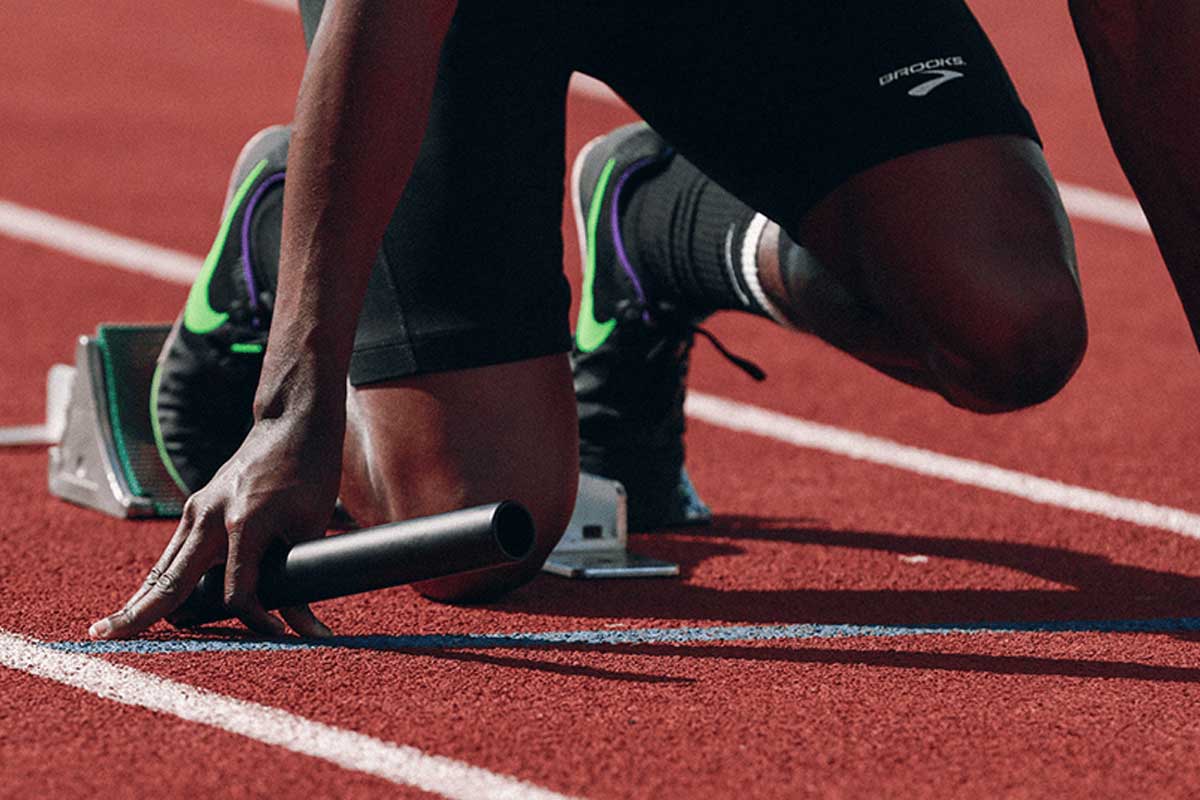In the world of sports, physical prowess and skill are undoubtedly critical, but there’s another element that often separates the best from the rest: mental toughness. The psychology of sports plays a pivotal role in an athlete’s performance, resilience, and ability to thrive under pressure. In this blog post, we’ll delve into the fascinating world of sports psychology, exploring the concept of mental toughness and how it can significantly impact athletic achievement.
Understanding Mental Toughness
Mental toughness is a term often used in the realm of sports, but what exactly does it mean? At its core, mental toughness refers to an athlete’s ability to consistently perform at their best, stay focused, and remain resilient in the face of adversity. It’s the capacity to handle pressure, setbacks, and challenges with composure and confidence. Mental toughness encompasses several key components:- Resilience: The ability to bounce back from setbacks and failures without losing motivation or confidence.
- Focus: The capacity to maintain concentration and stay in the present moment, even when distractions or external pressures are present.
- Positive Self-Talk: The practice of using constructive, self-affirming thoughts and beliefs to boost confidence and motivation.
- Visualization: The skill of mentally rehearsing successful performance scenarios, enhancing confidence and preparation.
- Emotional Control: The capacity to manage and channel emotions effectively, turning anxiety or nervousness into a source of energy and motivation.
- Goal Setting: The ability to set clear, achievable goals that provide direction and motivation.
The Role of Mental Toughness in Sports Performance
- Enhanced Consistency: Athletes with mental toughness are more likely to perform consistently at their best. They are less susceptible to the fluctuations in performance that can be caused by nerves, distractions, or external pressure.
- Improved Focus: A strong mental game allows athletes to stay fully engaged in the task at hand, minimizing the impact of distractions. This heightened focus is crucial in sports that demand split-second decisions and precise execution.
- Effective Coping with Pressure: Competitive sports often come with significant pressure. Mentally tough athletes thrive in high-pressure situations, using nerves as a source of energy rather than succumbing to anxiety.
- Faster Recovery from Setbacks: Setbacks and failures are inevitable in sports. Mental toughness helps athletes rebound quickly, using setbacks as learning experiences rather than defeats.
- Enhanced Confidence: Confidence is a cornerstone of success in sports. Mental toughness fosters self-belief, making athletes more confident in their abilities and more resilient when faced with challenges.
Developing Mental Toughness
Mental toughness isn’t something athletes are born with; it’s a skill that can be developed and honed over time. Here are some strategies to help cultivate mental toughness:- Set Clear Goals: Establish specific, achievable goals for your sport. Having a clear sense of purpose and direction enhances motivation and focus.
- Practice Visualization: Spend time visualizing successful performances in your mind. This mental rehearsal can boost confidence and help prepare you for actual competitions.
- Positive Self-Talk: Challenge negative thoughts and replace them with positive, constructive self-talk. Encourage yourself with affirmations and reminders of past successes.
- Stay Present: Focus on the task at hand rather than dwelling on past mistakes or worrying about future outcomes. Techniques like mindfulness meditation can help you stay present.
- Embrace Challenges: View challenges and setbacks as opportunities for growth rather than insurmountable obstacles. Embrace adversity as part of the learning process.
- Learn to Manage Stress: Practice relaxation techniques such as deep breathing, progressive muscle relaxation, or yoga to manage stress and anxiety.
- Seek Support: Consider working with a sports psychologist or mental performance coach who can provide guidance and strategies for developing mental toughness.
Real-Life Examples of Mental Toughness
Numerous athletes from various sports have demonstrated exceptional mental toughness throughout their careers:- Michael Jordan: Widely regarded as one of the greatest basketball players of all time, Jordan was known for his unshakable confidence and ability to perform under pressure. He famously said, “I can accept failure, everyone fails at something. But I can’t accept not trying.”
- Serena Williams: A tennis legend, Serena Williams possesses an incredible mental game. She’s known for her ability to stay focused and confident, even in the face of formidable opponents.
- Tom Brady: The seven-time Super Bowl-winning quarterback, Tom Brady, is often praised for his mental toughness, leadership, and ability to remain calm in high-pressure situations.
- Simone Biles: The gymnastics sensation Simone Biles has showcased her mental toughness by executing gravity-defying routines under immense pressure while advocating for mental health awareness.

